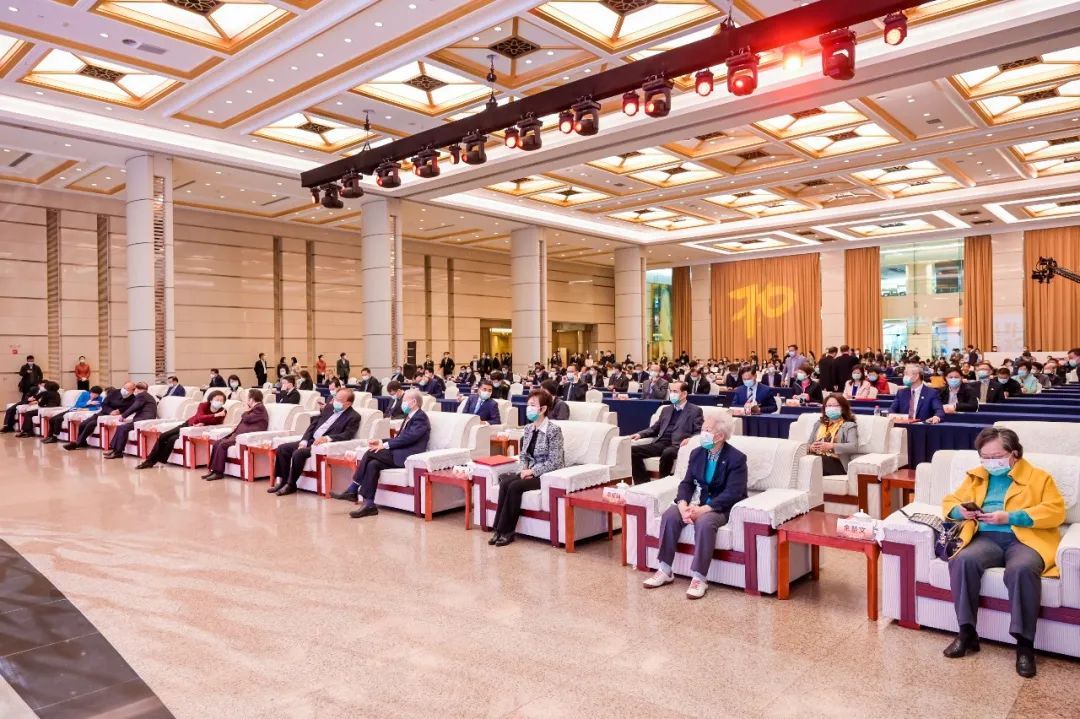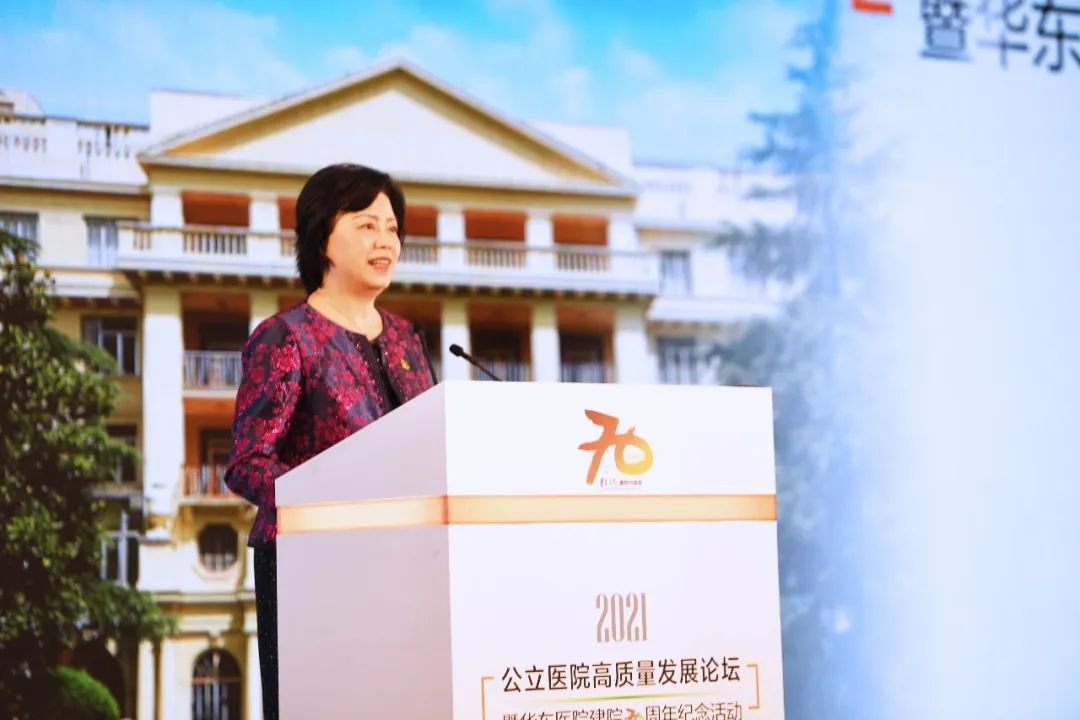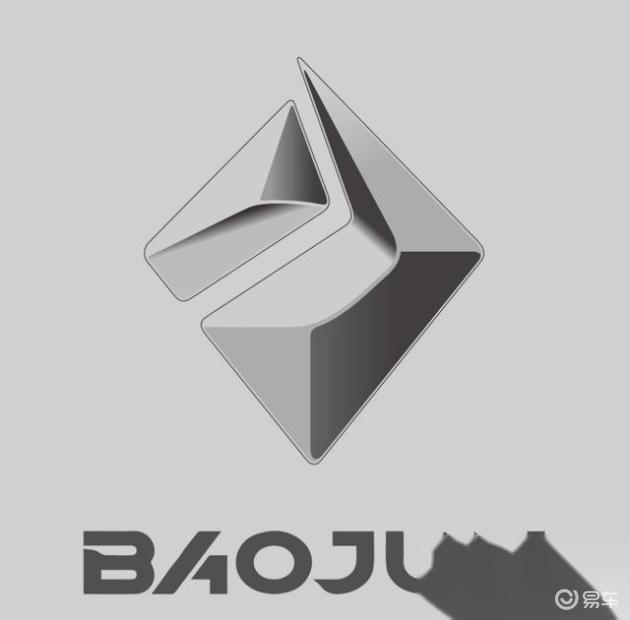Urgent! Retreat these WeChat groups quickly and delete such friends! Otherwise, you’ll have a big event.
Cctv news: make inappropriate comments in the group? The group owner turned a blind eye to the inappropriate comments of the group members? Building a group on WeChat to find excitement? You may be involved. …..
Wechat builds a group to scold, and serious cases may be blocked.
Not long ago, the Cavaliers and Warriors fought passionately in the NBA Finals. Both sides did not give in to each other, and it was inevitable that they would spray each other. Single-line spraying was not enough, and the group was "spraying each other" together.
Subsequently, such a group became "hot" in Weibo, and many people followed suit. The mutual exchange of basketball fans triggered the all-round "mutual exchange" of WeChat group chat! However, many uncivilized words in group chat have attracted the attention of relevant departments of WeChat.

On June 8, the WeChat Security Center published an article saying that some WeChat groups with the name of "xx Duizhongqun" contained uncivilized behaviors such as abuse, geographical discrimination and even pornographic and gambling information.
In this regard, the WeChat team will verify and confirm according to the evidence materials submitted by users, and deal with the accounts or groups that violate the rules according to the WeChat Personal Account Usage Specification:For personal accounts, including but not limited to the function of blocking and stopping, login restriction will be carried out; If it is clear that there is overall malice to the WeChat group, the function of restricting the group (blocking the group) will be implemented.
This kind of WeChat red envelope group, please quit quickly!
WeChat official said that after verification and evidence collection, according to Tencent WeChat Software License and Service Agreement, WeChat Personal Account Usage Specification and relevant national agreement specifications,More than 6,000 gambling-related WeChat groups have been restricted in group functions, and more than 40,000 accounts have been given stepped penalties such as restricting the use of functions or restricting login.At the same time, WeChat will also actively cooperate with the police to deal with gambling behaviors transferred from offline to WeChat.
As can be seen from the examples of illegal groups published by the WeChat team, gambling by using WeChat groups is usually carried out in the form of grabbing red envelopes. Unlike ordinary relatives and friends who occasionally grab red envelopes,These illegal WeChat groups have been aimed at gambling since their establishment. The main activity of group members is to grab red envelopes, and the group owners will draw from them.
If you are accidentally invited to join, please leave the group quickly!

This kind of "owner group", may be taking your personal information!
Recently, the notice of "QR code scanning to join the owners’ group" frequently appeared in the corridor of Xiamen Community. After verification, these WeChat groups are not serious "owners’ groups". Xiamen Anti-Fraud Center reminds the masses that "owners" who come from unknown sources are at risk of obtaining user information, so don’t join such "owners" at will.
According to the police of Xiamen Anti-Fraud Center, a community in Xiamen is about to set up an industry committee recently, and enthusiastic owners are also planning to set up a WeChat group of owners. Everyone has entered the group by scanning the QR code and recommending each other. However, on April 22nd, it was found that the "Proposal on Joining the Owners Group of XX Community" was suddenly posted in the corridors and elevators of the community. At the end of the proposal, there was a group QR code, and the owners were required to modify the nickname "X Building +X Room+Name" after joining the group.
According to many owners who joined the fake owners’ group, after entering the group, the group kept sending all kinds of promotional advertisements and other information, which did not involve the establishment of the industry Committee at all.
After verification, the community party branch and the property issued an urgent statement, announcing that this so-called "XX life exchange group" is a fake owner group.

Group owners who fail to perform their duties are subject to legal investigation.
On June 5, the network security department of Yunxi County Public Security Bureau in Hubei Province found in a routine work inspection that a netizen named "Love between the Sea and the Sky" edited and published a message with intense content in a WeChat group in Yangwei Town of the county, threatening to engage in explosion and endanger public safety.
The Net Security Department of Yunxi County Public Security Bureau and Yangwei Police Station quickly filed an investigation. During the inquiry, Xiaomou confessed his illegal behavior. Because Xiaomou’ s behavior constitutes a threat to carry out an explosion, on June 11,The Yunxi County Public Security Bureau imposed a three-day administrative detention penalty on him according to law.
Because Yan, the owner of the WeChat group, failed to fulfill his management responsibilities, Netan Brigade summoned Yan to the case according to the "Regulations on the Management of Internet Group Information Services" and admonished Yan.
Tips:
Any speech on WeChat must bear legal responsibility, so the partners in the group must pay attention to what they say in the future! Don’t send the following 9 kinds of news!
1. Political sensitive topics are not sent.
2, don’t believe in rumors.
3, the so-called internal information is not sent.
4, involving pornography, drugs, explosives, etc.
5. News about Hong Kong, Macao and Taiwan will not be published before the official website is published.
6, military information is not sent.
7, the relevant documents involving state secrets are not issued.
8, unknown source suspected forged small video of black police insulting police not to send.
9. Other information that violates relevant laws and regulations will not be sent.
These WeChat friends quickly deleted.
Mr. Chen is 30 years old and is from Nanxun, Huzhou. Last year, a young woman suddenly added Mr. Chen’s WeChat friend. "The man asked me if I was surnamed Chen, and I said yes, but the name was not what she said. The other party said that he wanted to add classmates, but the result was wrong. "
After a while, the other party occasionally asked Mr. Chen to say a few words, which was irrelevant. However, the other party often basks in the circle of friends, drives luxury cars, eats in luxury restaurants, travels all over the country, and leads an enviable life of successful people.
Slowly, under the recommendation of this WeChat friend, Mr. Chen met the assistant of the investment teacher, and under his guidance, he downloaded a software for "speculating postal currency cards".
"At that time, I followed the magic and invested all my savings in these years." Mr. Chen said that no matter whether it is rising or falling, the other party never lets himself sell. Slowly, Mr. Chen found that he had invested 180,000 yuan, leaving only 80,000 yuan, but even this 80,000 yuan could not be taken out.
According to the police, Mr. Chen’s fraud is not a case, it has occurred all over the country. The main case of the postal currency card is in Hebei. The fraud of "speculating postal currency cards" can be divided into two stages: "raising customers" and "killing customers". "Raising customers" means that the salesman of the trader company adds the victim’s micro-signal, advocates the illusion that the speculative postal currency card is very profitable, and takes them into the game step by step. And "killing customers" is to manipulate the price of stamps and defraud the victims of investing money.
The police reminded:
The fraudulent methods of WeChat group are constantly updated. The police remind everyone to keep their eyes open and beware of being cheated!
The first category: loan fraud;
The second category: shopping fraud;
The third category: brushing credit fraud;
The fourth category: refund and return fraud;
The fifth category: investment fraud;
The sixth category: posing as an acquaintance fraud;
The seventh category: buying and selling game equipment fraud;
The eighth category: impersonating customer service fraud;
Category 9: making friends and soliciting fraud;
Category 10: impersonating a judicial organ for fraud.
























